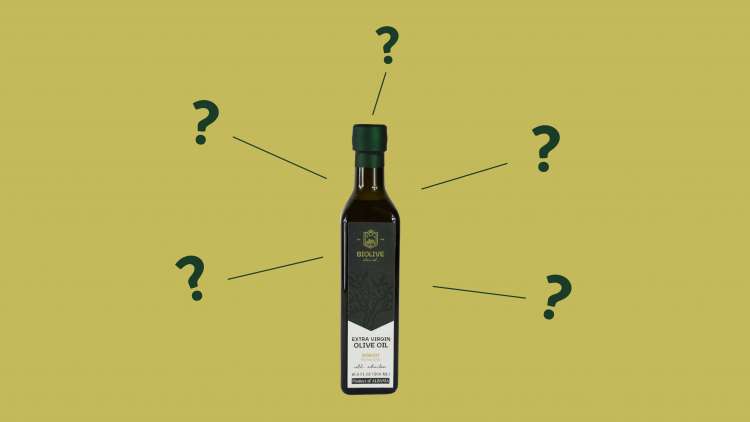For millennia, people have relied on olive oil for skincare, with Homer's "liquid gold" remaining a popular ingredient in beauty products to this day. In fact, 5,000-year-old tombs in Egypt have revealed olive oil-based unguents and cosmetics used to preserve mummies.
In ancient Greece, bathers would coat their skin with olive oil before using a metal blade to scrape off a mixture of dirt, sweat, and oil at public baths. This practice was later adopted by the Romans at their own baths.
Olive oil soap has been a staple in the Levant for over a thousand years and played a crucial role in the soap production factories of Venice and Marseille in the fourteenth century.
However, not all olive oils are created equal, and each person's skin is unique. As a result, the timing and method of using olive oil as a cleanser, lotion, or moisturizer vary depending on several factors.
Olive Oil's Anti-Fungal and Anti-Bacterial Properties for Cleansing Skin
Extra virgin olive oil is a powerhouse of anti-fungal and anti-bacterial properties, as well as antioxidants, making it an ideal ingredient for soap. In fact, numerous phenolic compounds found in high-quality EVOOs have been identified as effective in preventing skin infections.
Moreover, vitamin E, a potent antioxidant present in extra virgin olive oil, has been shown to eliminate the bacteria responsible for skin conditions such as acne, eczema, and psoriasis.
However, using excessive amounts of EVOO on the skin may have the opposite effect, clogging pores and promoting acne. To avoid this, dermatologists recommend using an eyedropper to apply raw EVOO to the skin before gently massaging it in.
Olive Oil's Ability to Rejuvenate and Heal Damaged Skin
Apart from its antibacterial properties, extra virgin olive oil provides a host of benefits to rejuvenate and heal damaged skin. For example, vitamin E found in EVOO helps to shield the skin against harmful ultraviolet radiation, with some studies indicating that it can even reverse damage caused by UV rays.
Furthermore, antioxidants present in EVOO can combat free radicals, protecting the skin and slowing down the aging process. Extra virgin olive oil also exhibits anti-inflammatory properties, which aid in the healing of damaged skin tissue. However, while some medical professionals believe that ingesting EVOO is the most effective way to achieve this, dermatologists advise against using EVOO topically on burns.
Using Olive Oil as a Moisturizer for Skin
Olive oil is not just an excellent source of skin-friendly vitamins and antibacterial properties – it also functions as a fantastic moisturizer. As an emollient, extra virgin olive oil fills gaps in the skin cells with lipids, providing a protective barrier against bacteria and reducing the discomfort associated with dry, flaky skin.
Moreover, EVOO is an occlusive agent, meaning that it forms a thin oily film that seals in moisture. To capitalize on this, dermatologists recommend applying EVOO or EVOO-based creams to damp skin, as it helps to trap moisture within the skin cells.
However, excessive use of olive oil can clog pores, leading to skin irritation, pimples, and acne. To avoid this, it's best to use a small amount of EVOO, roughly the size of a dime, and remove any excess oil with a towel or cloth.
Using Extra Virgin Olive Oil for the Face in Skincare
Extra virgin olive oil not only works as an excellent moisturizer and ingredient for soap and lotion, but also has beneficial uses for the face. However, it's important to use it sparingly on the delicate facial skin.
Extra virgin olive oil is a popular and effective makeup remover that breaks down waterproof makeup without damaging the skin. The antioxidants in EVOO can also moisturize and relieve oxidative stress around the eyes, reducing wrinkles.
But, as facial skin is delicate and people have different skin types, raw EVOO may not be suitable for those with oily skin. In such cases, it's best to use facial creams that contain EVOO as an ingredient.
No matter how olive oil is utilized in skincare, one fact remains constant – solely extra virgin olive oil offers the aforementioned benefits. Refined olive oil contains significantly fewer antioxidants and phenolic compounds.
Sources: Healthline, Olive Oil Times


